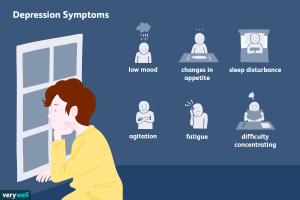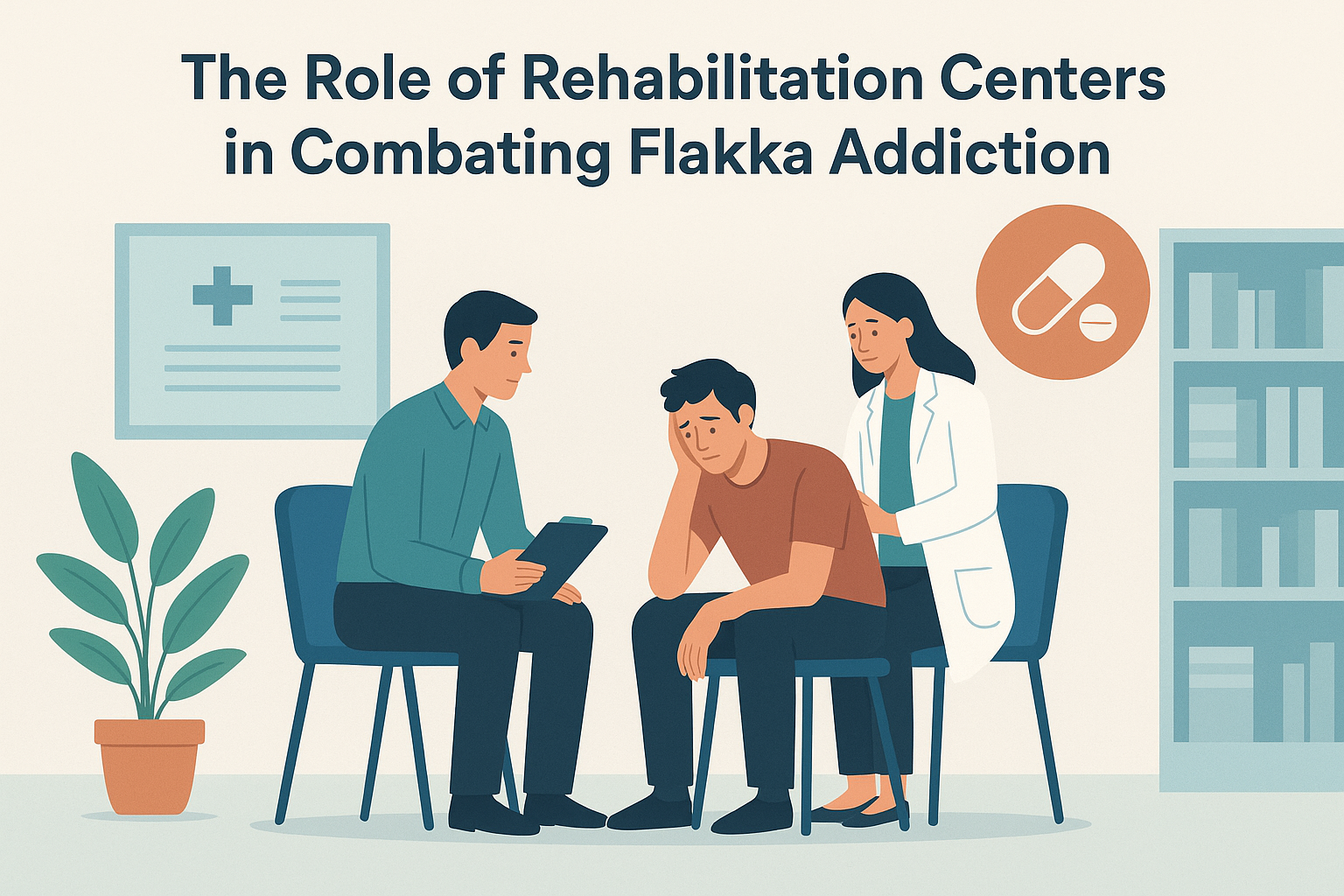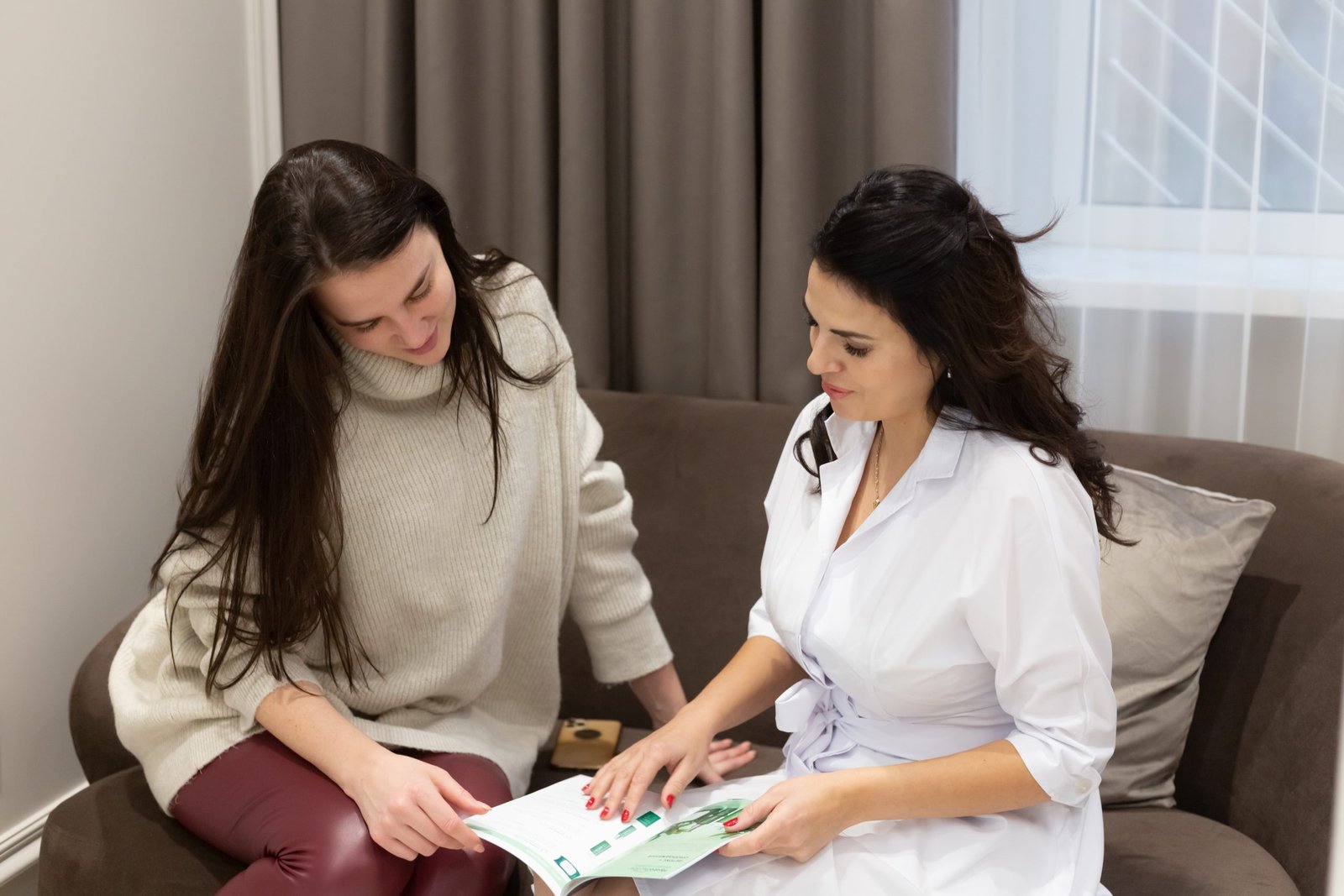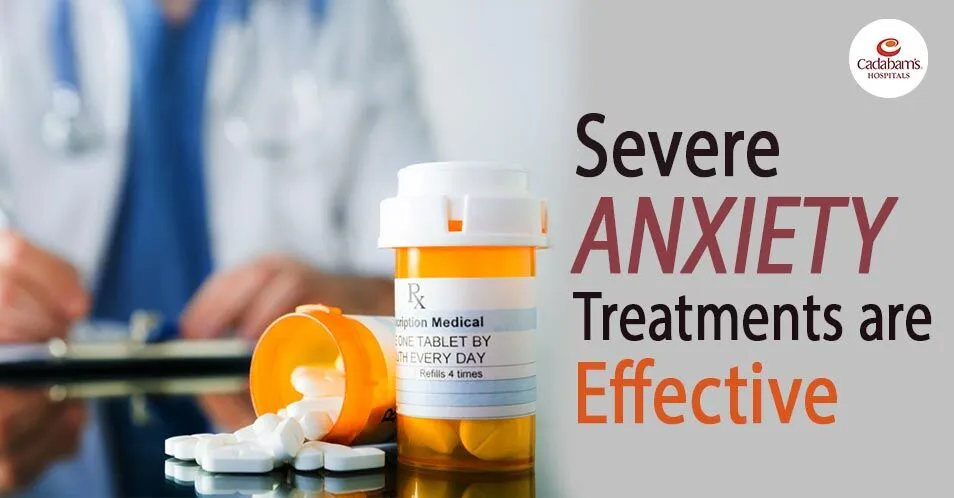What is depression?
Depression is one of the most common types of mental health conditions and often develops alongside anxiety.
Depression can be mild and short-lived or severe and long-lasting. Some people are affected by depression only once, while others may experience it multiple times.
Depression can lead to suicide, but this is preventable when appropriate support is provided. It’s important to know that much can be done to help young people who are thinking about suicide.
What causes depression?
Depression can happen as a reaction to something like abuse, violence in school, the death of someone close or family problems like domestic violence or family breakdown. Someone might get depressed after being stressed for a long time. It can also run in the family. Sometimes we may not know why it happens.
Depression in children and adolescents:
Depression can show up in children and adolescents as prolonged periods of unhappiness or irritability. It is quite common among older children and teenagers, but often goes unrecognized.
Some children might say they feel “unhappy” or “sad”. Others might say they want to hurt or even kill themselves. Children and adolescents who experience depression are at greater risk of self-harm, so such responses should always be taken seriously.
Signs and symptoms of depression:
Physical:
- Tiredness or low energy, even when rested
- Restlessness or difficulty concentrating
- Difficulty in carrying out daily activities
- Changes in appetite or sleep patterns
- Aches or pains that have no obvious cause
Emotional and mental:
- Persistent sadness, anxiousness or irritability
- Loss of interest in friends and activities that they normally enjoy
- Withdrawal from others and loneliness
- Feelings of worthlessness, hopelessness or guilt
- Taking risks they wouldn’t normally take
- Self-harming or suicidal thoughts
Ways to help your Patients:
Find out what’s happening:
Ask them how they’re feeling and listen openly without judgment or advice. Ask people you trust who know your child, like a favourite teacher or close friend, to find out if they’ve noticed anything that might be worrying them or changes in their reactions to things. Pay particular attention to their well-being during important life changes like starting a new school or puberty.
Spend time with them:
Try to build an environment of warmth, reassurance and support by talking or doing age-appropriate activities together that they will enjoy. Take an interest in their life, like how their day was at school or what they love most about their friends.
Encourage positive habits:
Encourage your child to do the things they usually enjoy, stick to regular eating and sleeping habits and stay active. Physical activity is an important way to boost their mood. Music can have a strong influence on our moods, so try listening to songs together that make them feel positive about life.
Let them express themselves:
Let them talk to you. Listen carefully to what they say about how they feel. Never press your child to share, instead you can encourage other forms of creative expression like painting, crafts or journaling their thoughts and experiences. Mood-journaling can help some children let their feelings out by observing the things that make them upset or low. They can also be a great reminder of the positive aspects of their life and the things they are proud of.
Protect them from stressful surroundings:
Try to keep your child away from situations where they may experience excessive stress, maltreatment or violence. And remember to model healthy behaviour and reactions to the stresses in your own life, including setting boundaries and maintaining positive self-care habits.
Symptoms and patterns:
During a depressive episode, a person experiences a depressed mood (feeling sad, irritable, empty). They may feel a loss of pleasure or interest in activities.
A depressive episode is different from regular mood fluctuations. They last most of the day, nearly every day, for at least two weeks.
Poor concentration
Feelings of excessive guilt or low self-worth
Hopelessness about the future
Thoughts about dying or suicide
Changes in appetite or weight
Feeling very tired or low in energy.
There are different patterns of depressive episodes including:
Single episode depressive disorder, meaning the person’s first and only episode;
Recurrent depressive disorder, meaning the person has a history of at least two depressive episodes; and
Bipolar disorder, meaning that depressive episodes alternate with periods of manic symptoms, which include euphoria or irritability, increased activity or energy, and other symptoms such as increased talkativeness, racing thoughts, increased self-esteem, decreased need for sleep, distractibility, and impulsive reckless behaviour.
Contributing factors and prevention:
Depression results from a complex interaction of social, psychological, and biological factors. People who have gone through adverse life events (unemployment, bereavement, traumatic events) are more likely to develop depression. Depression can, in turn, lead to more stress and dysfunction and worsen the affected person’s life situation and the depression itself.
Depression is closely related to and affected by physical health. Many of the factors that influence depression (such as physical inactivity or harmful use of alcohol) are also known risk factors for diseases such as cardiovascular disease, cancer, diabetes and respiratory diseases. In turn, people with these diseases may also find themselves experiencing depression due to the difficulties associated with managing their condition.
Diagnosis and treatment:
There are effective treatments for depression. These include psychological treatment and medications. Seek care if you have symptoms of depression.
Psychological treatments can teach new ways of thinking, coping or relating to others. They may include talk therapy with professionals and supervised lay therapists. Talk therapy can happen in person or online. Psychological treatments may be accessed through self-help manuals, websites and apps.
Effective psychological treatments for depression include:
Cognitive behavioural therapy
Behavioural activation
Interpersonal psychotherapy
Problem-solving therapy.
Antidepressants should not be used for treating depression in children and are not the first line of treatment in adolescents, among whom they should be used with extra caution.
PREVALANCE:
Women are more likely to have depression than men. An estimated 3.8% of the population experience depression, including 5% of adults (4% among men and 6% among women), and 5.7% of adults older than 60 years. Approximately 280 million people in the world have depression.
In Pakistan, around 10 to 16% of the population suffers from mild to moderate psychiatric disorders. This alarming rate necessitates the requirement of dialogue around mental health to make it a priority in Pakistan.
Major depressive disorder and persistent depressive disorder are two of the most common types of depression that people experience, however, there are many types of depression. What most mood disorders have in common are major depressive episodes.
TREATMENT IN NEW HOPE REHAB CENTER ISLAMABAD
Talking to your healthcare provider. Psychotherapy can be important treatment component for people with depression disorder. It can enable them to recognize changes in thoughts and mood and respond accordingly. Lifestyle modification is also important key in the treatment of depression.
Our New Hope team aim is to provide awareness regarding mental health general and specifically depression and other mental health disorders.
New Hope is playing its best role to create awareness about the risks and dangers of life. We advise parents to take good care of their children especially in teen age.
ABOUT THE AUTHOR:
LAIBA SHAHAB
CLINICAL PSYCHOLOGIST AT NEW HOPE REHAB AND CARING CENTER ISLAMABAD
Author has experience of treating mental disorder and addiction counselling in NEW HOPE REHAB AND CARING CENTER ISLAMABAD
ADDRESS: House 275, block A, Street 2 near save mart main PWD road Islamabad.
Contact: 03127493940, 03068703891, 03350172051




